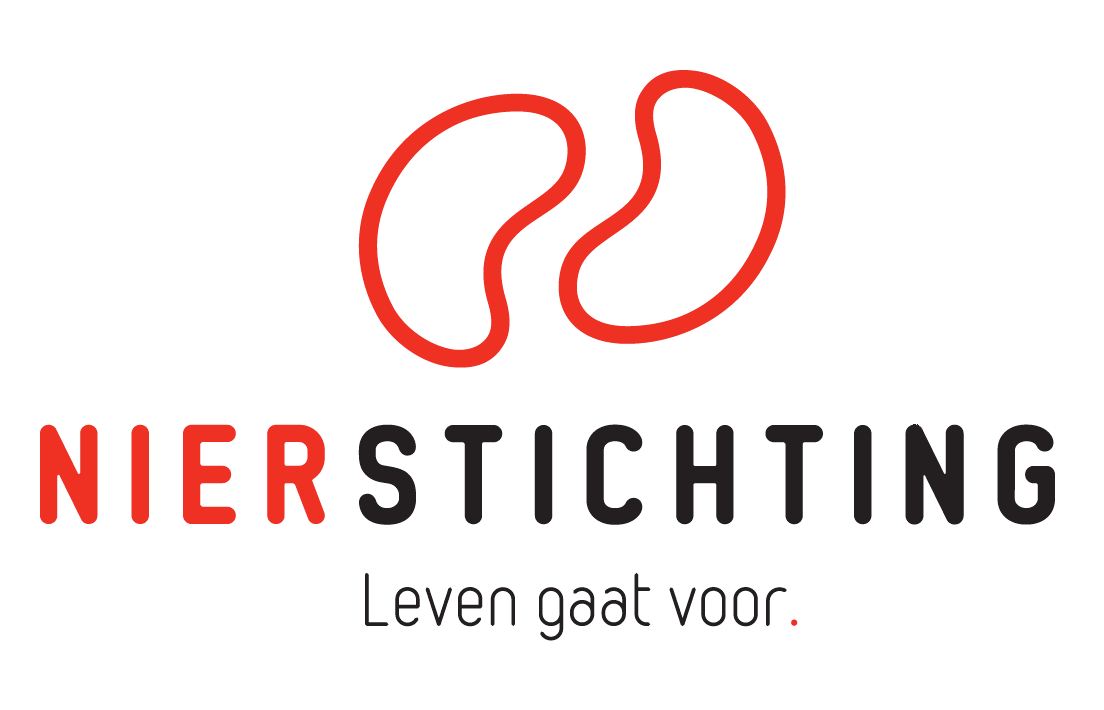Niertandem - The cost-Effectiveness of Educational Interventions in Living Donation

Project summary
Kidney patients who are waiting for a kidney from a deceased donor are rapidly deteriorating on the waiting list in health. With the help of a kidney from a living donor, the waiting time can be shortened or even avoided altogether. Offering a kidney by people from the patient’s environment is not always a matter of course, as does the patient questioning his environment. That is why an information program has been designed in which the patient and the patient’s environment look at the possibilities of donation together with a professional. This information program (‘Kidney Team at Home’) focuses on patients who are being dialyzed and patients who are not yet on dialysis, but whose renal function is rapidly declining.
By providing information about the medical side of the matter, and by listening with respect to each other’s points of view, the participants can start the conversation with more knowledge of the matter and decide on a possible donation in full volunteerism. This information program has proven effective in scientific research to increase the knowledge of the participants and to increase the number of donations. The program has also been tested ethically. It is known that the effectiveness of this type of information program depends on how the professionals follow the information program protocol. If information officers go outside the book, the effectiveness decreases. It is therefore important to properly train the professional and to help the professional with supervision during the work. In addition, it is important to keep a finger on the pulse, by always asking ‘feedback’ from the patients and the environment concerned whether the professional has done everything as it should. Central management is required for this training, supervision and feedback. This is called a quality system, or a central quality control. The information program and the quality system will be implemented in 2016 in 4 transplantation centers and 4 peripheral hospitals.
Impact
Developing and testing an intervention to promote proper medication intake and self-management in kidney transplant patients by making use of the capabilities and skills of the patient himself and his environment. Ultimately less transplant rejection due to therapy unfaithfulness.
More detailed information
Principal Investigator:
prof. dr. Jan van Busschbach
Role Erasmus MC:
Coördinator
Department:
Project website:
Funding Agency:
Nierstichting



